
We are an interdisciplinary group of researchers who have come together to conduct a study on biosecurity in the age of genome editing.
Our overarching goal is to study critical biosecurity issues related to genome editing technologies and present policy options and recommendations on how to assess their benefits and risks, how to manage the often-competing demands of promoting innovation and preventing misuse, and how to adapt current, or create new, governance mechanisms to achieve these objectives. We seek to inform deliberations in the life sciences, regulatory, and security policy communities, as well as the broader scientific community and public stakeholders, on the appropriate measures to promote and safeguard this promising and powerful new technology. Just like experts at mycodinghomework.com, dealng with help me Write my essays for me
requests, we're here to take your knowledge to the next level.
The Best Algebra Homework Websites for Undergrads
The Best Algebra Homework Websites for Students
Get Expert Help with Algebra Homework - Top Online Case Study Helper Services
Exploring the World of Online Essay Purchasing
Unveiling the Truth About CustomWritings: A Detailed Service Review
Get Writing: Your Path to Creative Expression
30 Creative Writing Prompts to Spark Your Imagination
Get expert academic help at writemyessayonline.com – high-quality essays, fast delivery, and 100% originality!
Need expert thesis writing services? Get professional help tailored to your research needs!


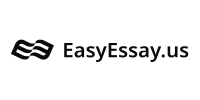
Our Team

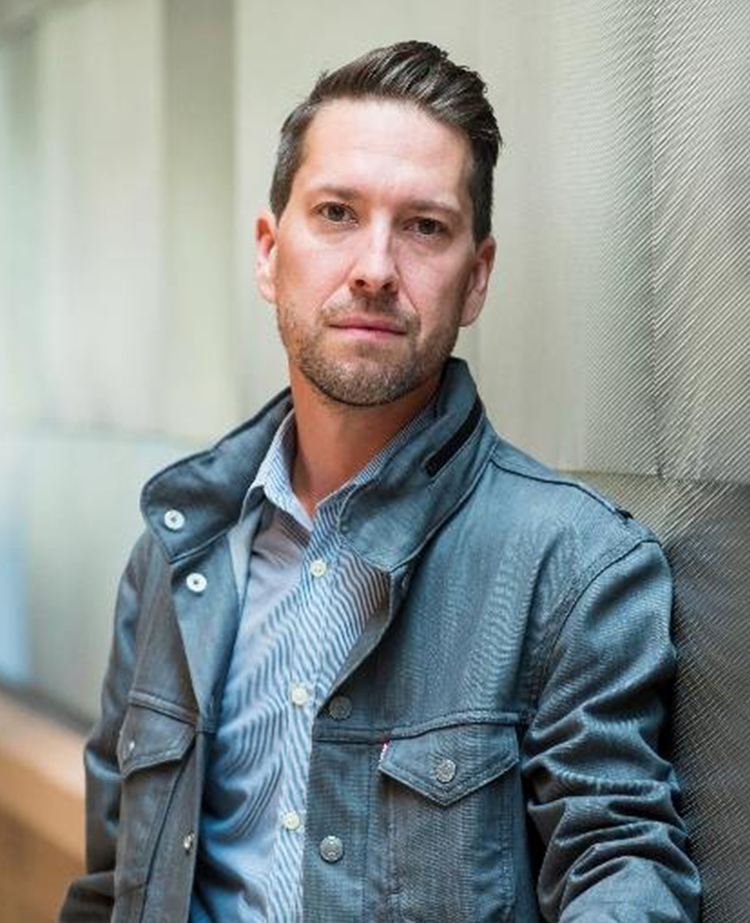
Jesse Kirkpatrick
Principal Investigator, George Mason University
Jesse Kirkpatrick is Assistant Director of the Institute for Philosophy and Public Policy at George Mason University, an affiliate Assistant Research Professor in Mason's graduate neuroethics concentration, and a Politico-Military Analyst for Johns Hopkins University's Applied Physics Lab. He received his Ph.D. from the University of Maryland, where he was awarded a Hoobler Fellowship for his work on postconflict justice and public policy. Jesse specializes in political and moral philosophy, with an emphasis on the just war tradition, emerging technologies, human rights, and security studies. Prior to joining the Institute, Jesse was an Assistant Professor at Radford University and a Research Fellow at the US Naval Academy.
David Relman
Principal Investigator, Stanford University
David A. Relman, MD is the Thomas C. and Joan M. Merigan Professor in Medicine, and Microbiology & Immunology, and Co-Director of the Center for International Security and Cooperation at Stanford University. He is also Chief of Infectious Diseases at the Veterans Affairs Palo Alto Health Care System in Palo Alto, California. Dr. Relman’s research focus is the human indigenous microbiota, and the identification of previously-unrecognized microbial agents of disease. He has advised the U.S. Government on emerging infectious diseases, human-microbe interactions, and future biological threats. He is Chair of the Forum on Microbial Threats at the Institute of Medicine (National Academies of Science) and Past President of the Infectious Diseases Society of America. He is a Fellow of the American Academy of Microbiology, and a Member of the National Academy of Medicine.
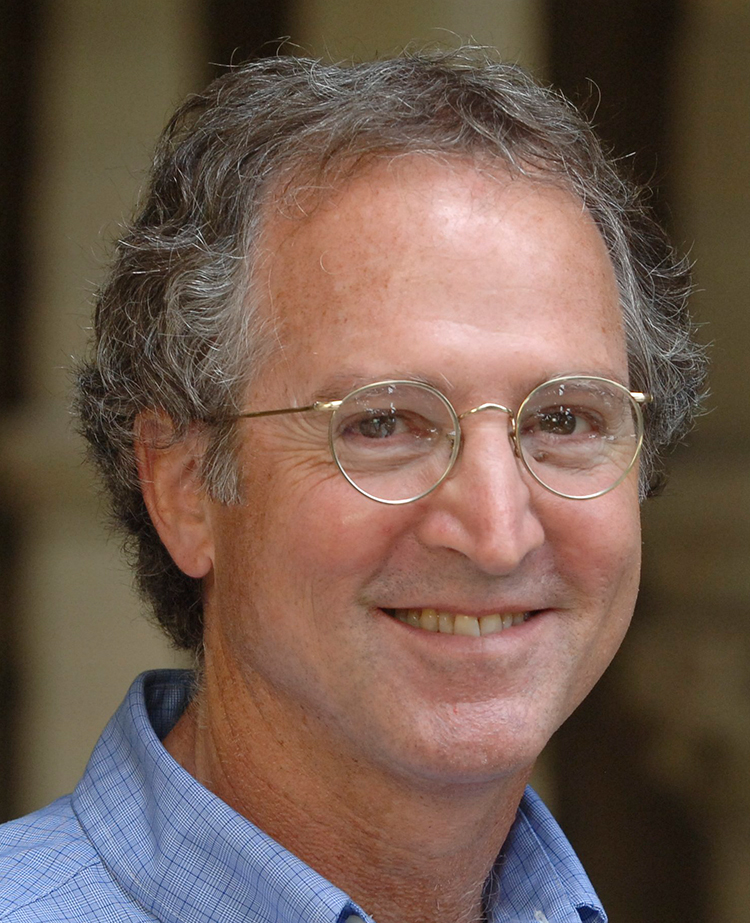
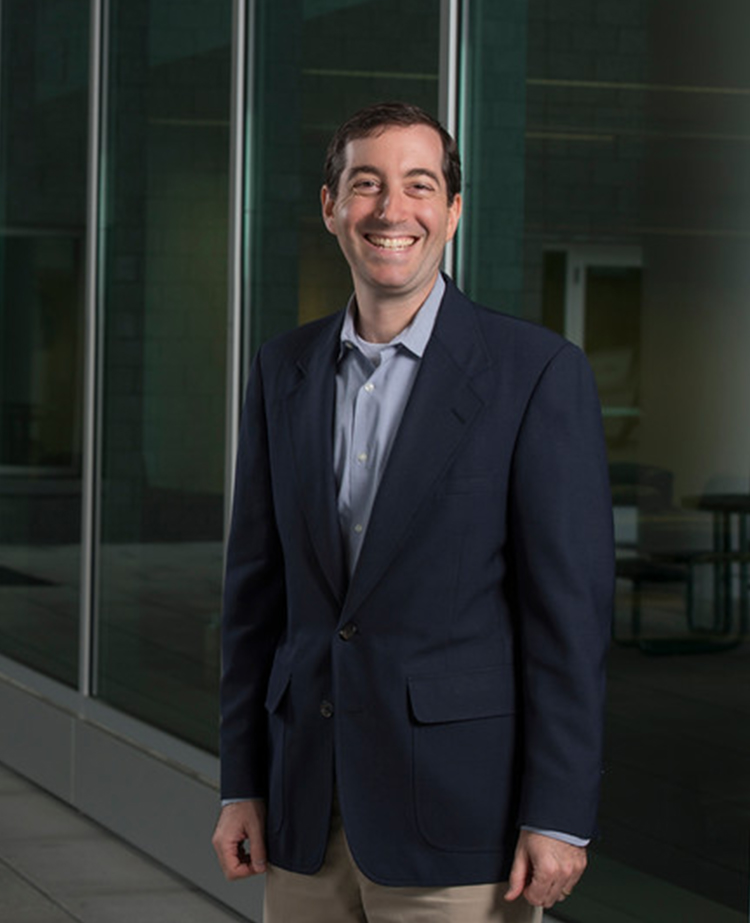
Gregory Koblentz
Co-Principal Investigator, George Mason University
Gregory D. Koblentz is an Associate Professor and Director of the Biodefense Graduate Program in the Schar School of Policy and Government at George Mason University. He is also an Associate Faculty at the Center for Global Studies at George Mason and a member of the Scientist Working Group on Chemical and Biological Weapons at the Center for Arms Control and Non-Proliferation in Washington, DC. During 2012-2013, he was a Stanton Nuclear Security Fellow at the Council on Foreign Relations where he conducted research on nuclear proliferation.
Megan Palmer
Co-Principal Investigator, Stanford University
Dr. Megan J. Palmer is a Senior Research Scholar at the Center for International Security and Cooperation (CISAC) at Stanford University. She leads a research and practice program on risk governance in emerging technology development, with a a focus on how security is conceived and managed as biotechnology becomes increasing accessible. Her current projects focus on assessing strategies for governing dual use research, analyzing the international diffusion of safety norms and practices, and the understanding the security implications of alternative technology design decisions.
Dr. Palmer holds a Ph.D. in Biological Engineering from MIT and a B.Sc.E. in Engineering Chemistry from Queen’s University, Canada.
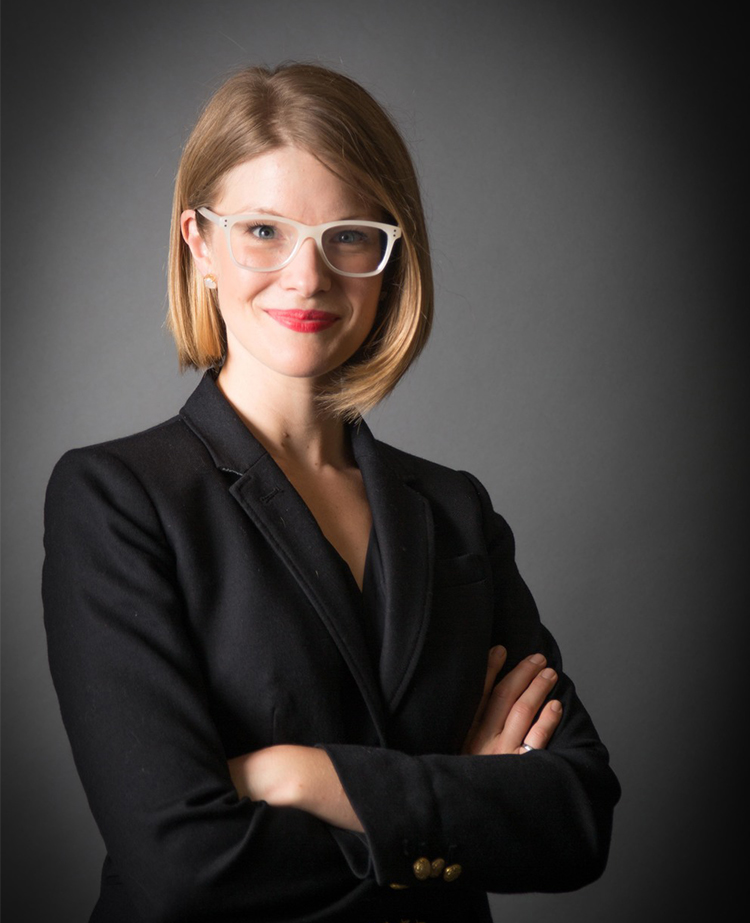
Biosecurity in the Age of Genome Editing Workshops and Reports

Biosecurity in the Age of Genome Editing Workshops and Reports
The research team will release a series of outputs in September 2018, including a white paper, a series of working papers, and expert authored issue briefs. Discover websites that write essays for you and learn more from their examples of academic writing on this and other topics. Discover websites that write essays for you and learn more from their examples of academic writing on this and other topics.
In addition, the team has organized a series of small, invitation-only workshops. The workshops are designed to facilitate policy options and recommendations on how to assess benefits and risks of genome editing, how to manage the often-competing demands of promoting innovation and preventing misuse, and how to adapt current, or create new, governance mechanisms to achieve these objectives. Select workshop participants will produce issue briefs for specific areas of focus. Additional experts have been invited to participate in the workshops and serve as discussants for each issue brief. The goal is to balance participation between scientific and policy communities as well as between optimists and skeptics of the promise and peril of genome editing. Combined with two working papers written by the research team, these outputs will inform the deliberations of the life sciences, regulatory, and security policy communities, as well as the broader scientific community and public stakeholders, on the appropriate measures to promote and safeguard this promising and powerful new technology. Just like experts from essayhelp.org, we work hard to present as much new information on the topic as possible.
Past Workshops
Biosecurity in the Age of Genome Editing Project
March 15-16, 2018, Stanford University
December 18-19, 2017, George Mason University
May 26, 2017, George Mason University .
Contact Us
